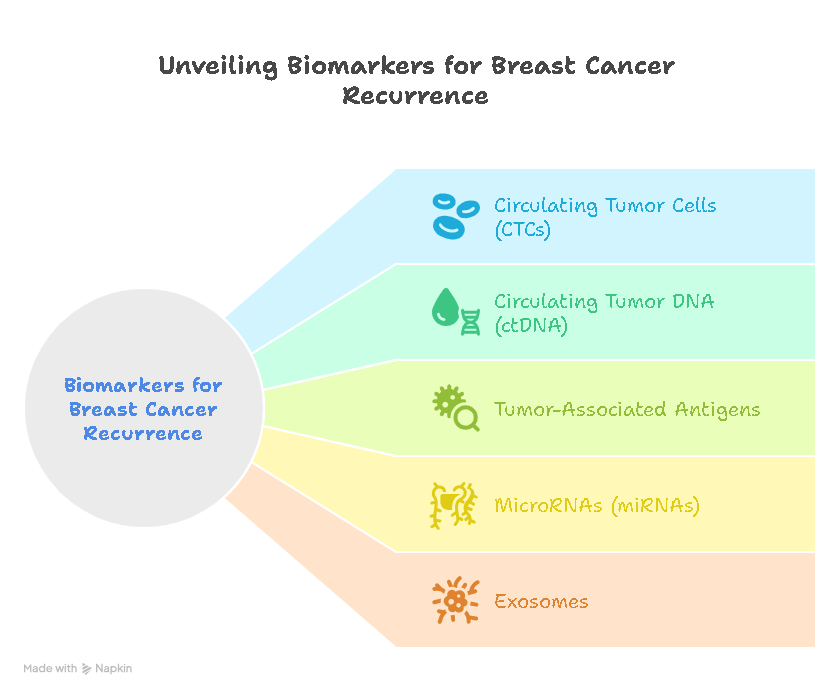Table of Contents
- Introduction
- Understanding the Importance of Mammograms
- Mammogram Guidelines
- When Should You Get a Mammogram?
- Age Recommendations
- Frequency of Mammograms
- Special Cases
- Family History
- Breast Health Concerns
- When Should You Get a Mammogram?
- The Mammogram Process
- What to Expect
- Preparation
- The Procedure
- Potential Discomfort
- Is It Painful?
- Communicate with the Technologist
- What to Expect
- Interpreting Mammogram Results
- Understanding Your Results
- Normal vs. Abnormal
- Follow-Up Procedures
- Understanding Your Results
- Frequently Asked Questions (FAQs)
- FAQ 1: Are Mammograms Safe?
- FAQ 2: Can I Get a Mammogram If I’m Pregnant?
- FAQ 3: Do Mammograms Detect All Breast Cancers?
- FAQ 4: Is It Normal to Feel Anxious Before a Mammogram?
- FAQ 5: How Can I Schedule a Mammogram?
- Conclusion
- Stay Informed and Take Action
- Additional Resources for Breast Health
- Breast Self-Exams
- Healthy Lifestyle Choices
- Limit Alcohol Intake
- Breast Health Education
- Support Groups
- Consult Your Healthcare Provider

Introduction
Breast cancer is a significant health concern for women worldwide. Early detection is crucial in improving survival rates and reducing the impact of this disease. Mammograms play a vital role in this process, and understanding the guidelines for their use is essential. In this article, we will delve into the world of mammogram guidelines, exploring their importance, when to get them, and frequently asked questions to ensure you have all the information you need.
Understanding Mammograms
What is a Mammogram?
A mammogram is a specialized X-ray of the breast. It is a valuable tool for detecting breast cancer in its early stages, often before symptoms are noticeable.
The Importance of Early Detection Early Detection Saves Lives
Early detection through mammograms significantly increases the chances of successful treatment and survival.
Reducing the Severity of Treatment
Detecting breast cancer at an early stage may mean less aggressive treatment and fewer side effects.
Mammogram Guidelines
When Should You Get a Mammogram? Age Recommendations
Mammogram guidelines typically recommend starting regular screenings at the age of 40.
Frequency of Mammograms
It is generally advised to have a mammogram every one to two years.
Special Cases
Family History
If you have a family history of breast cancer, consult your healthcare provider as you may need earlier or more frequent screenings.
Breast Health Concerns
If you notice any breast changes or have concerns, do not wait for your scheduled mammogram; consult your healthcare provider promptly.
The Mammogram Process
What to Expect
Preparation
Before the mammogram, avoid using deodorant or creams, as they can interfere with the results.
The Procedure
During the mammogram, your breast will be compressed between two plates for a few seconds to capture clear images.
Potential Discomfort
Is It Painful?
While some discomfort is common, mammograms are generally quick and manageable.
Communicate with the Technologist
If you experience discomfort, let the technologist know, as they can make adjustments.
Interpreting Mammogram Results
Understanding Your Results
Normal vs. Abnormal
Mammogram results are categorized as normal or abnormal. An abnormal result does not necessarily mean cancer; further tests are often needed.
Follow-Up Procedures
If your mammogram results are abnormal, your healthcare provider will guide you through additional tests like ultrasound or biopsy.
Frequently Asked Questions
FAQ 1: Are Mammograms Safe?
Mammograms involve a minimal amount of radiation, and the benefits of early detection outweigh the risks.
FAQ 2: Can I Get a Mammogram If I’m Pregnant?
Mammograms are generally not recommended during pregnancy due to potential risks. If needed, alternative imaging methods can be considered.
FAQ 3: Do Mammograms Detect All Breast Cancers?
While mammograms are effective, they may not detect all types of breast cancer. Regular breast self-exams are also important.
FAQ 4: Is It Normal to Feel Anxious Before a Mammogram?
Feeling anxious before a mammogram is common. Talking to your healthcare provider about your concerns can help ease your worries.
FAQ 5: How Can I Schedule a Mammogram?
To schedule a mammogram, consult your healthcare provider or a specialized breast health center. They will guide you through the process.
Conclusion
Mammograms are a vital tool in the early detection of breast cancer. Following the recommended guidelines, understanding the process, and knowing what to expect can make this essential screening procedure more accessible and less intimidating. Regular mammograms can save lives, so make sure to prioritize your breast health.
In conclusion, understanding mammogram guidelines and the importance of early breast cancer detection cannot be overstated. While it’s natural to have concerns about undergoing this screening, it’s important to remember that mammograms are a powerful tool for safeguarding your health.
By adhering to recommended age and frequency guidelines, you can take control of your breast health. Remember that if you have a family history of breast cancer or any concerns about changes in your breasts, it’s crucial to consult your healthcare provider promptly.
Mammograms may involve some discomfort, but the relatively brief procedure is well worth the potential benefits. The peace of mind that comes with knowing you are taking proactive steps toward early detection is invaluable.
FAQs
FAQ 6: Can Men Get Mammograms?
While breast cancer is less common in men, it is possible. Men with a family history or concerning breast symptoms should discuss the need for a mammogram with their healthcare provider.
FAQ 7: Are 3D Mammograms Better Than 2D?
3D mammography, or tomosynthesis, is an advanced technology that offers improved accuracy in detecting breast abnormalities, particularly in dense breast tissue. It’s a valuable option to consider.
FAQ 8: How Long Does a Mammogram Appointment Take?
A typical mammogram appointment lasts about 30 minutes, including the time for the procedure itself. However, it’s advisable to arrive a bit earlier to complete any necessary paperwork.
FAQ 9: Are There Support Services for Those Who Receive Abnormal Results?
Yes, many healthcare facilities provide support services for individuals who receive abnormal mammogram results. These services may include counseling and guidance through the diagnostic process.
FAQ 10: What Other Steps Can I Take for Breast Health?
In addition to regular mammograms, maintaining a healthy lifestyle, including a balanced diet, regular exercise, and limiting alcohol consumption, can contribute to overall breast health. Regular self-exams are also recommended.
Stay Informed and Take Action
In the journey to safeguard your breast health, knowledge and proactive steps are your allies. Familiarize yourself with mammogram guidelines, stay informed about advances in breast cancer screening, and maintain an open line of communication with your healthcare provider.
Your health is a valuable asset, and by staying informed and taking action, you are making a significant investment in your well-being. Don’t delay—take the initiative and schedule your mammogram today. Your future self will thank you for it.
1. Breast Self-Exams
- Perform regular breast self-exams to become familiar with the normal look and feel of your breasts. This can help you identify any changes promptly.
2. Healthy Lifestyle Choices
- Embrace a balanced diet rich in fruits and vegetables, maintain a healthy weight, and engage in regular physical activity. These habits can reduce your risk of breast cancer.
3. Limit Alcohol Intake
- If you consume alcohol, do so in moderation. Excessive alcohol consumption has been linked to an increased risk of breast cancer.
4. Breast Health Education
- Attend workshops, seminars, or webinars about breast health in your community or online. These events often provide valuable information and opportunities to ask questions.
5. Support Groups
- Consider joining a breast cancer support group. These groups can provide emotional support, information, and a sense of community for individuals facing breast cancer or breast health concerns.
6. Consult Your Healthcare Provider
- If you have specific questions or concerns about your breast health, don’t hesitate to consult your healthcare provider. They can provide personalized guidance and recommendations.
Empowering Women Through Knowledge
Remember, knowledge is empowering when it comes to breast health. By educating yourself about mammogram guidelines, understanding the process, and staying proactive in your approach to breast health, you are taking important steps towards early detection and prevention.
Breast cancer is a challenge that many women face, but with the right information and proactive measures, it can be faced head-on. Share this knowledge with your friends and loved ones to ensure that everyone in your circle has the tools they need to prioritize their breast health.
In conclusion, mammograms are a crucial part of early breast cancer detection, and understanding the guidelines surrounding them is essential. By following recommended guidelines, staying informed, and taking proactive steps, you can empower yourself and others to maintain optimal breast health. Your health is worth it, so take action today.












Leave a Reply